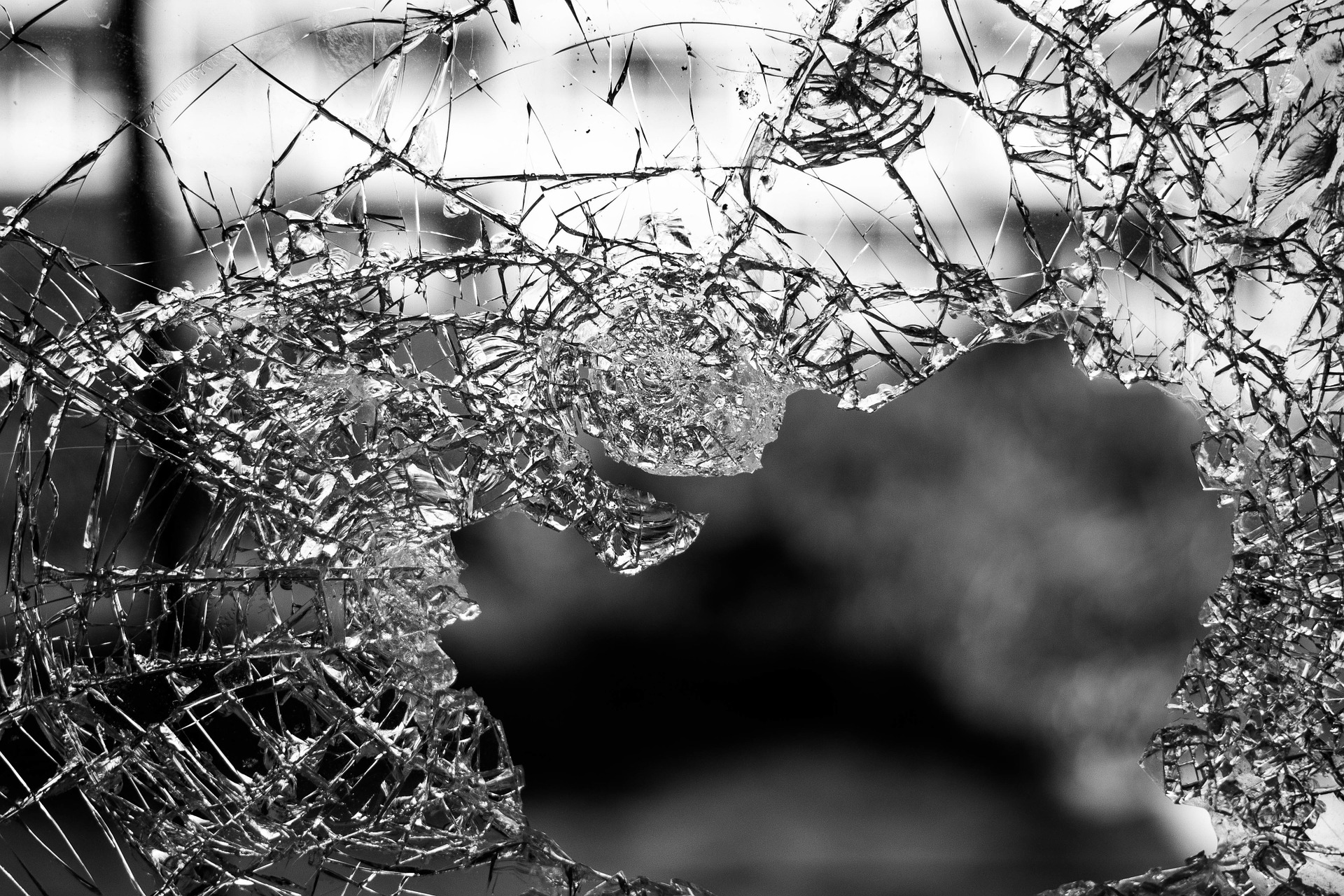
I Survived Domestic Violence as a Kid. It’s Why I Want To Be a Rabbi.
She doesn’t realize she has been holding her breath until he leaves for work and all the tension leaves her body. She exhales and relaxes—it’s as if she’s a marionette whose strings have been cut. When he returns in the evenings, she listens carefully to the sound of his footsteps to figure out how quickly she’ll have to run. Quick, heavy footfalls on the stairs mean he’s angry, and he is coming for her.
By the first time he hits her, he has already broken her down to the extent that she doesn’t know a better life is possible. She fears him enough that it controls her and robs her of choice. She doubts herself and her ability to survive without him. Beyond that, he needs her. He can’t help it. She can make him better, and then he won’t hurt her anymore. She doesn’t think of herself as a battered woman; she’s just a very strong woman in love with a deeply troubled man, and she alone can help him face his demons.
I was twelve when the abuse started, and felt completely on my own in dealing with it. My father would become self-deprecatory after a period of rage and violence—crying and talking about what a terrible person he was and how he had no hope in life. These periods were as frightening as the rages and would require me to watch him for suicidal behavior. I was in far over my head.
Often, women find ourselves having to manage the meltdowns of full grown men who feel entitled to externalize their emotions and take them out on others. Sometimes these meltdowns occur in public, and we are expected to shield their public reputations from scrutiny. It is a dangerous dance that must be done; we must calm men down without seeming critical of them, so as not to become the redirected target of their violence ourselves. The first time my father had a public meltdown, we were on vacation, and he threw glass plates and cups out of our car, breaking them. Destruction of household objects is intimidation. It is a threat.
Recently, I have witnessed several male celebrities who have been accused of sexual assault and/or sexual harassment release apologies that truthfully are more public meltdowns than they are genuine expressions of remorse. They are characterized by emphasizing their own lack of memory of the incident in question, or excusing the incident as merely a moment of misinterpreted behavior or youthful indiscretion.
These men reinforce the idea that it’s his word against hers, center their own names, and attempt to garner sympathy by painting themselves as targets of a smear campaign. Louis CK’s non-apology is a prime example of all of these characteristics. It is grossly self serving, refers repeatedly to his genitalia, and puts the focus on himself rather than his victims. Louis CK weaponizes vulnerability and forces us to witness a kind of non-consensual intimacy. This requires women to perform even more emotional labor in order to explain what these apologies lack. Furthermore, when these non-apologies become self deprecatory, especially in a way that may seem volatile, it forces women into the position of being guilted into comforting their abusers. This is part of the cycle of abuse.
***
Domestic violence relies and thrives on isolation. Abusers control and limit access to friends and family. Misogyny makes women hesitant to come forward, causing us to feel we are alone in what we are experiencing. Leaving this situation is extremely difficult, as the most dangerous time in an abusive relationship is when the victim tries to leave her abuser. It takes an average of seven to nine times for a woman to do so successfully.
To tell a story of domestic violence is to tell the story of public health, and the way we live together in community in this country. Almost every mass shooter in American history has had a prior record of domestic or intimate partner violence. By sharing my experience of domestic violence, I am not only telling my own story. I am telling the story of many others, joining a much larger communal, public narrative.
Experiencing domestic violence made me the most isolated I have ever been, but in enduring it, I joined a kind of sisterhood of other survivors of gender-based violence. I decided to become a rabbi because it felt urgent to help people heal and recover from trauma. I needed to do it for myself, and to be for others what had not been there for me.
I decided to become a rabbi because I know my story is where personal history meets larger cultural history, and it is up to community leadership to be the voice that draws these parallels together by accompanying our congregants through their journeys. It is up to us to intervene, to hold space for trauma, and to provide spiritual nourishment and healing. It is up to us to model processes of community accountability, rectifying harm, and teshuvah.
By doing so, we get a glimpse of olam haba—the world to come.
The views and opinions expressed in this article are the author’s own and do not necessarily reflect those of Lilith Magazine.



